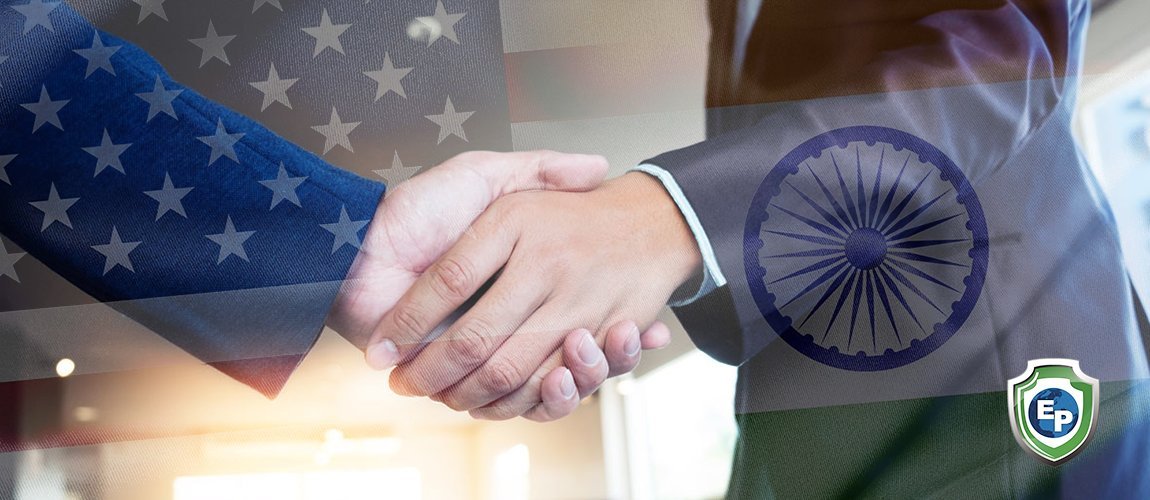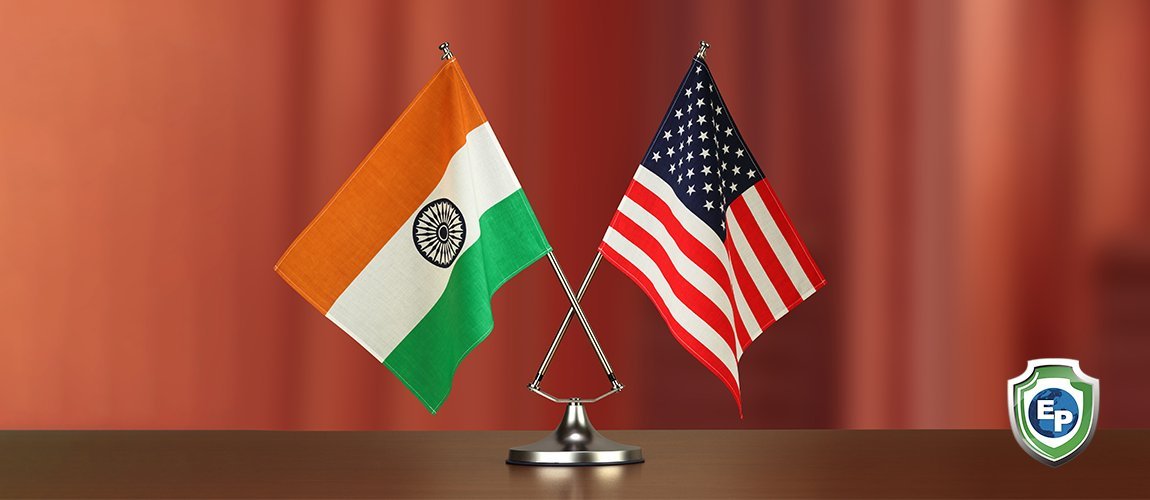India and America: An Ever-Improving Union
The bond between India and the United States is stronger than ever, yet recent developments prove there is room for further growth.

Despite India’s recent misfortune with the passing of former Prime Minister Atal Bihari Vajpayee, the powerful bond his policies built with the United States is very much alive. The Trump administration recently granted Tier 1 Strategic Trade Authorization status to India, an honor reserved for only their closest allies, which is sure to earn favor when representatives of both countries meet to discuss economic and diplomatic goals during the upcoming 2+2 dialogue.
The dialogue has been long awaited, not to mention highly looked forward to on both sides. With China working hard to expand their influence over the Indo-Pacific region, even swaying Pakistan to their side as of late, both India and the US are eager to work together so that they may combine their efforts and better compete against their rivals.

The two countries have much to gain from one another, but before that headway can happen, there are a few obstacles that need to be overcome.
First off is the military matter.
India and the US have been enjoying impressive military cooperation over the last few years, and India’s new Tier 1 Strategic Trade Authorization status means they can now import high-grade defense equipment from the US, and is even approved to begin manufacturing certain kinds as well. This will be a huge boon for India’s military moving forward, though it is looking back that presents an issue. Historically, India has received the bulk of its defense equipment from Russia, and still has Russian staff on site assisting with the training and maintenance of India’s military materials. While the Russian staff’s presence is only temporary, the risk of exposing US military tech secrets is not easily put aside.
The situation creates an interesting conflict, as does the matter of India’s oil supplier.
The bulk of India’s crude oil is imported from Iran, a country that the US has put under harsh scrutiny. Experts anticipate this will be a key talking point during the 2+2 dialogue, as India is eager to stand by US policies but cannot abide the intense sanctions the US will be implementing against Iran starting in November. A waiver has been suggested, though this presents its own conflicts in terms of policy, so it may only be a temporary solution until India can either find another oil supplier at a similarly low price or explore alternative fuels.
That being said, the US sanctions against Iran are not the only trade policies India is having trouble with.
We discussed in a previous blog how the trade war between China and the US has resulted in tariffs getting slapped on all sorts of goods, and other countries are paying the price for it. India is one of them, with the US tariffs on steel and aluminum causing the country to issue formal complaints with the World Trade Organization. Given the WTO’s spotty success record as of late, India airing their grievances hasn’t accomplished much, so the country has threatened to impose their own tariffs on agriculture exports to get their point across instead. The 2+2 dialogue will be an excellent chance for thoughtful planning and careful arrangements to take place, so hopefully we will see these trade disputes resolved before they can get out of hand.

We understand if these issues appear daunting to you readers, but it’s important you readers understand that they are all, in fact, addressable. As we first stated, India and the US are enjoying a powerful bond, and that’s with these matters already in place. Any therapist can tell you that no relationship is perfect, that all parties involved need to be able to communicate with one another so that they can identify problem areas and work together to resolve them, and that’s exactly what is happening here.
India and the US are going to sit down together, talk about what is and what isn’t working between them, and work towards making things better. That is what brought the two countries together in the first place, that is what made the bond between the two countries as strong as it already is, and that is what will make their union stronger still.






Comments 0